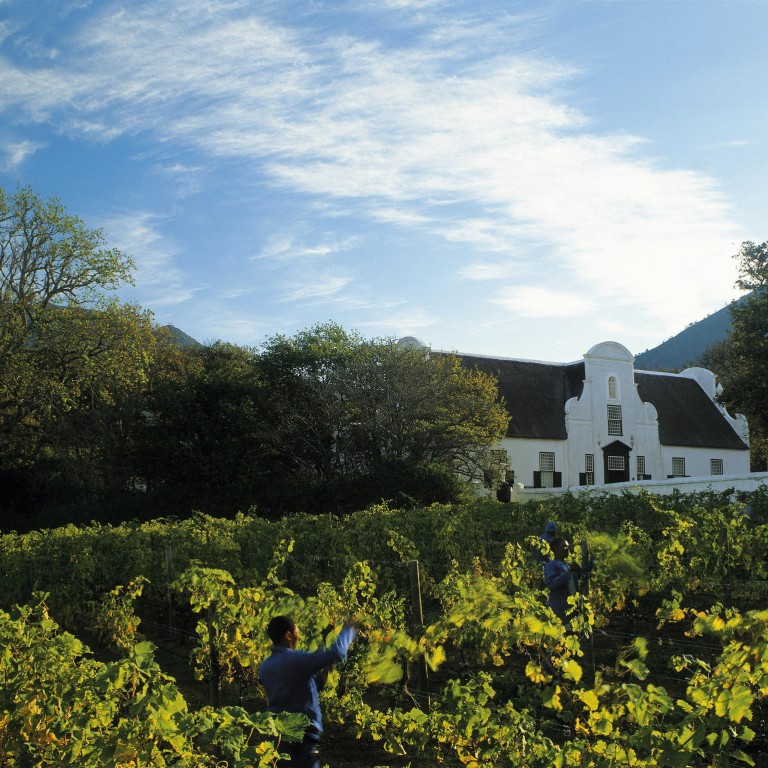
From winery to factories, Chinese firms investing billions in South Africa
The mainland has been the country's largest trading partner since 2009, with trade climbing 32 per cent last year as interest turns to property
Chinese investment in South Africa is surging, highlighted by a multibillion-dollar project by Shanghai Zendai Property, a Hong Kong-listed firm.
China's foreign direct investment in Africa's second-biggest economy leapt from 340 million rand (HK$255 million) in 2005 to 50 billion rand in 2012, local media quoted South African Reserve Bank deputy governor Daniel Mminele as saying.
"In the last year, we've seen a big shift in Chinese investment in South Africa from mining to property," said Tebogo Lefifi, China country manager of Brand South Africa, the official branding agency.
We’ve seen a big shift in Chinese investment … from mining to property
On November 4, Zendai bought 1,600 hectares of land in the Modderfontein area of Johannesburg, South Africa's biggest city, for 1.06 billion rand from AECI, a Johannesburg-listed company.
Zendai said it plans to develop a mixed-use project including residential, commercial, light industrial and retail components.
Modderfontein New City will have 84 billion rand of investment, including three billion rand of infrastructure spending, in the next three years, Zendai chairman Dai Zhikang said in Johannesburg on April 9.
Construction is expected to begin next year on the project, which is expected to take at least 15 years to complete, South African media reported.
"Zendai's project is the biggest ever mixed-use property investment in South Africa," Lefifi said. "We have never had anything on that scale. It's going to be a mini-city. You're looking at more than 100,000 residents and over 10,000 jobs."
Perfect (China) bought the 25-hectare wine estate - which includes 21 hectares of vineyards, a manor house and wine cellar - through its 51 per cent shareholding in Perfect Wines of South Africa, a joint venture with South African winemaker Hein Koegelenberg.
"The wine market is growing in China. China is getting more aware of South African wine brands," said Lefifi.
"We have seen a new trend of Chinese firms investing in manufacturing facilities in South Africa with a view to supplying the local market," said Martyn Davies, chief executive of consultancy Frontier Advisory.
"The movement of Chinese manufacturers into South Africa is an important emerging trend in Sino-South Africa ties. The nature of the new wave of investment into manufacturing is job creating and value-adding to the economy."
FAW, a Chinese state-owned carmaker based in Changchun, Jilin province, is building a truck factory in South Africa that will begin production next year.
South African firms have felt competitive pressures from imports of cheap Chinese-manufactured goods, Davies said.
"This has resulted in hollowing out of industries. Trade has negatively impacted the local manufacturing sector," he said.
China has been South Africa's largest trading partner since 2009. Bilateral trade surged 32 per cent to 270 billion rand last year.

